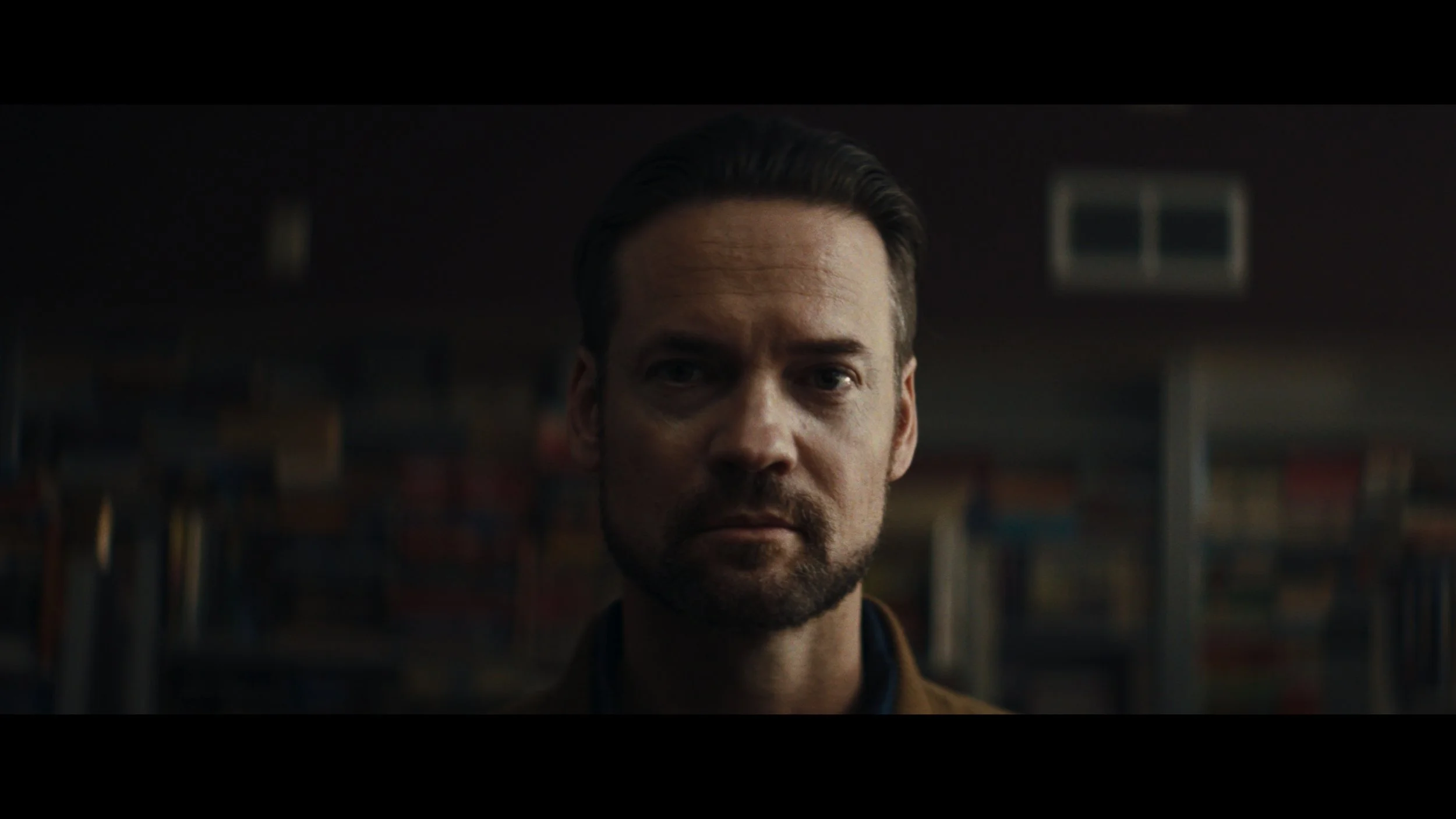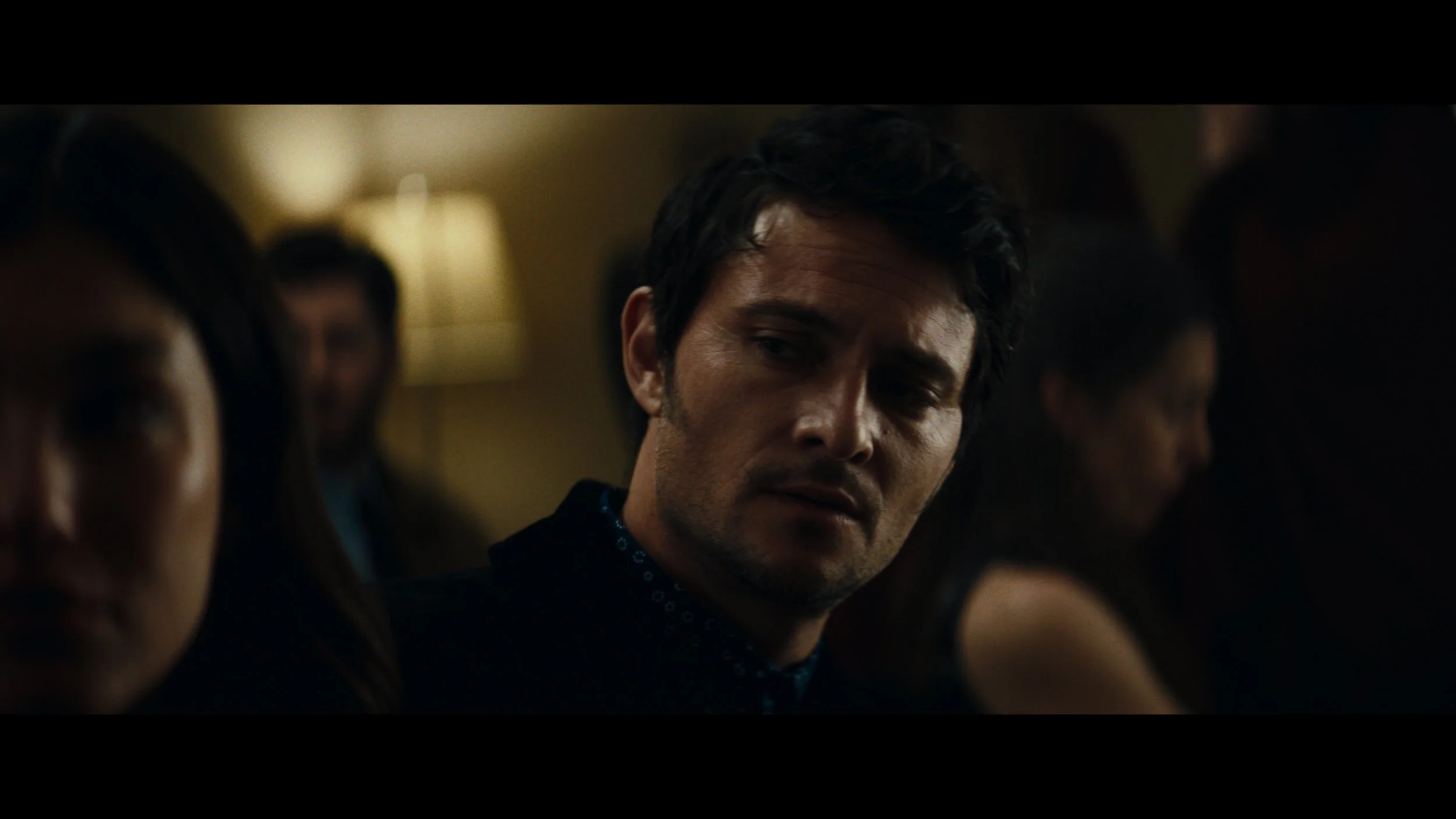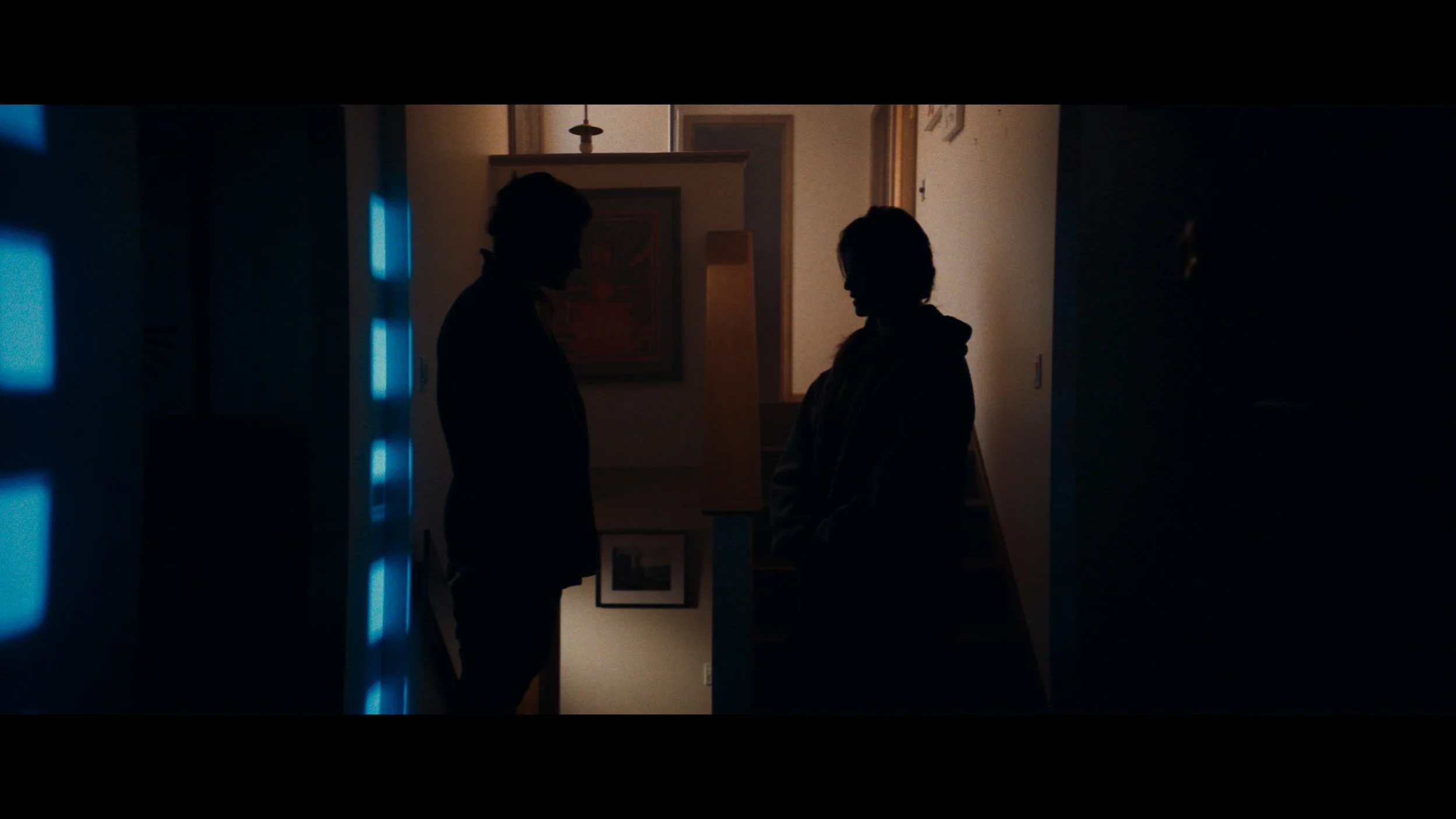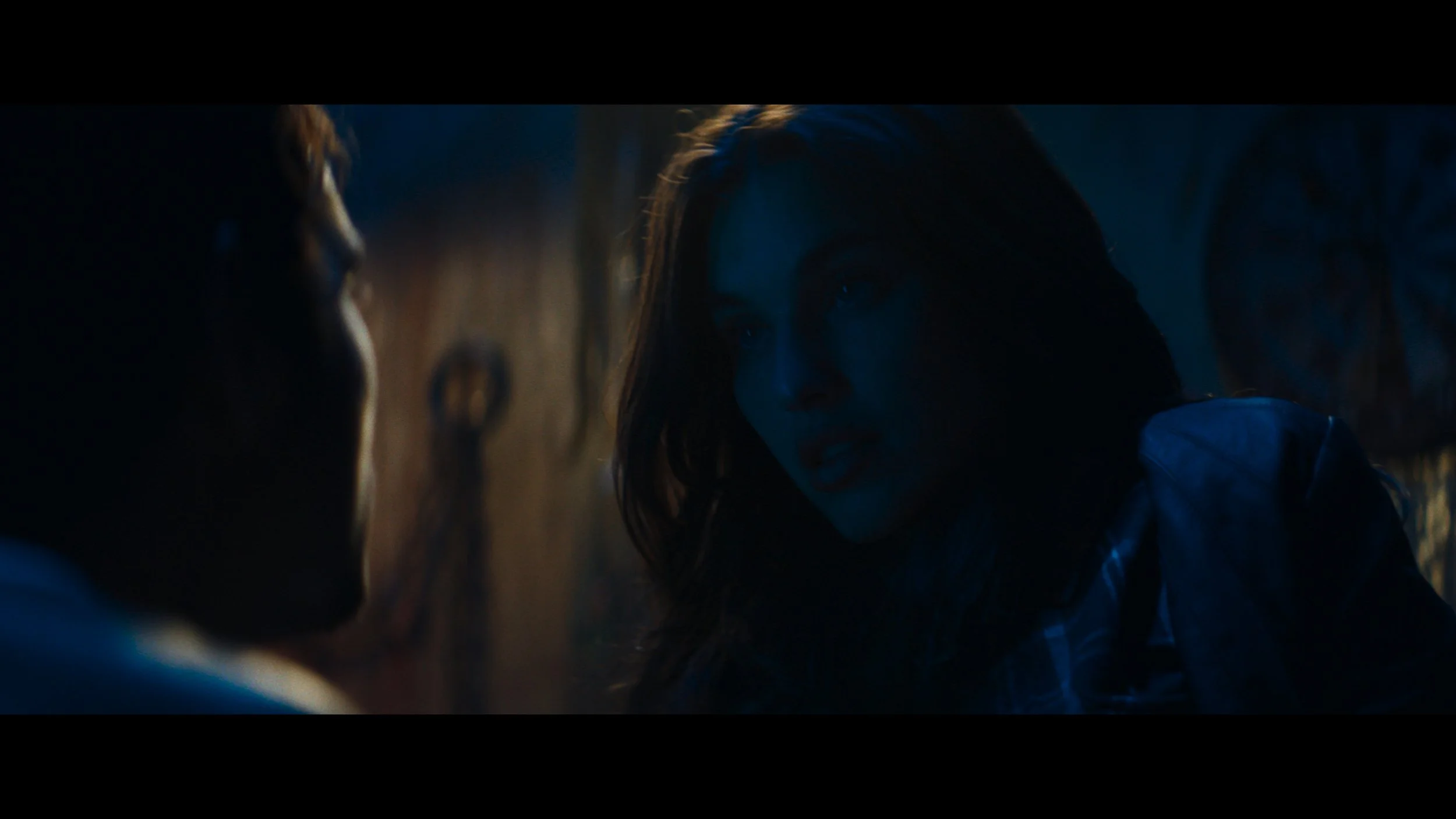Kevin Lewis has built a reputation for fearless genre filmmaking, and his latest, Pig Hill, arrives at FrightFest 2025 with plenty of anticipation. After the cult success of Willy’s Wonderland, Lewis trades in tongue-in-cheek animatronic mayhem for something much darker: an adaptation of Nancy Williams’s novel rooted in Meadville, Pennsylvania’s unsettling urban legend of the “pig people.”
The setup is promising. Carrie (Rainey Qualley), haunted by a string of local disappearances, becomes increasingly drawn into the grotesque lore of mutant pig-hybrids said to stalk the region. Joined by her brother Chris (Shiloh Fernandez) and ally Andy (Shane West), she digs deeper into folklore that may not be myth at all. Shooting on location in Meadville gives the film a lived-in authenticity, and Lewis leans into the raw eeriness of its bars, backroads, and abandoned spaces.
Visually, Pig Hill stands out. The makeup effects are impressively grotesque, and the killer’s pig-like squeals add a nasty edge that sticks with you. There are flashes of originality in the imagery, and the film moves at a brisk pace that keeps the story from dragging.
That said, the twist is telegraphed early on. You can see it coming pretty quickly, but oddly enough, the film still works as a ride. The journey remains entertaining even if the destination is obvious. What’s stranger is how neatly everything ties together: there are a lot of coincidences, and by the final stretch, all the threads wrap up into a tidy bow. Given how grim the film is, this kind of resolution feels oddly at odds with the tone, leaving the ending more peculiar than satisfying.
While the film has atmosphere to spare, it struggles to balance its elements. The early intrigue of the legend eventually gives way to revelations that deflate rather than deepen the mystery. Performances are serviceable but sometimes flat, which dulls the emotional impact of its heavier themes. And though the shocks land, the reliance on gore-for-gore’s sake risks alienating viewers who wanted the psychological weight promised in the setup.
Still, Lewis deserves credit for pushing himself into new territory. Where Willy’s Wonderland thrived on absurdist energy, Pig Hill embraces grim folklore and psychological dread. The result is uneven: part fever dream, part exploitation shocker. Some will find its imagery unforgettable, others will dismiss it as empty provocation.
In the end, Pig Hill is both a step forward and a stumble. It proves that Lewis is unwilling to be boxed into one style, even if this particular experiment doesn’t always land cleanly. Fans of grisly folklore horror will find moments to savor, while others may leave scratching their heads at its oddly tidy conclusion.
Jessie Hobson





